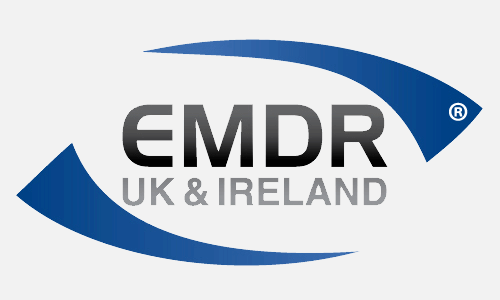What is Co-mediation?
Mediation is negotiation with the assistance of a neutral third party. As distinguished from an arbitrator, a mediator does not have the power to impose a resolution.
Co-mediation involves two or more mediators working together as a team to assist the parties in dispute resolution. It is a process that parties might wish to consider where there are several parties involved, as well as cases requiring gender balance. We have successfully used this approach to solve disputes over child care, and parental access to children.
What are the advantages of this approach?
Here are some of them:
- The mediation team can represent participants’ diverse characteristics (e.g. male/female, older/younger, etc.)
- A participant has a better chance of feeling a sense of trust with at least one of the two mediators
- The participants have the advantage of the combined skills of two mediators, whose skills usually enhance and complement each other
- Co-mediators can model co-operative problem-solving
- There is a better “check” on mediators’ biases or shortcomings
- Mediators can talk together in front of the participants and reflect back to them their insights and ideas for resolution in a non-threatening and non-judgemental way.
How does co-mediation work? Generally, there are three phases:
- Pre-Mediation. Once the people involved in the conflict agree to participate in the mediation process the two co-mediators will schedule a separate pre-mediation meeting with each participant. The purpose of this meeting is to find out more about the client’s perspective, and to answer any questions about the process.
- Mediation The participants meet for the mediation and the actual process is explained in detail to all parties. Each person will have an opportunity to tell his/her perspective. One mediator will guide the conversation while the other will listen and feedback what he/she has recorded to check for accuracy. The mediators will guide the process to facilitate increased understanding between the participants. The mediators will use problem-solving techniques aimed to help participants reach win/win solutions. The mediation session usually lasts 2-3 hours. Most conflicts are resolved in 1-2 mediation sessions.
- Follow-up One of the mediators will follow up with participants some time after mediation. This follow up consists of calling the participants to see how things are going since the conclusion of the mediation.
Services
Our approach to therapy
- Overview
- Supervision
- Systemic Psychotherapy
- Cognitive Behavioural Therapy
- Co-mediation
- SFBT (Solution Focussed Brief Therapy)
- Appreciative Inquiry
- Case Examples
- Non Violence Resistance
Testimonials
Following a car accident, I suffered terribly with a fight or flight response when driving. I did not know what this anxiety was and tried for months to recover on my own. After a particularly severe anxiety attack, I realised that I needed to get help. EMDR therapy was incredibly effective. My anxiety was linked specifically to the accident and in one session the anxiety was dispersed. I literally walked out of Swift Counselling, got in my car and drove with no anxiety from that moment on. I am thrilled with the results, thank you.

